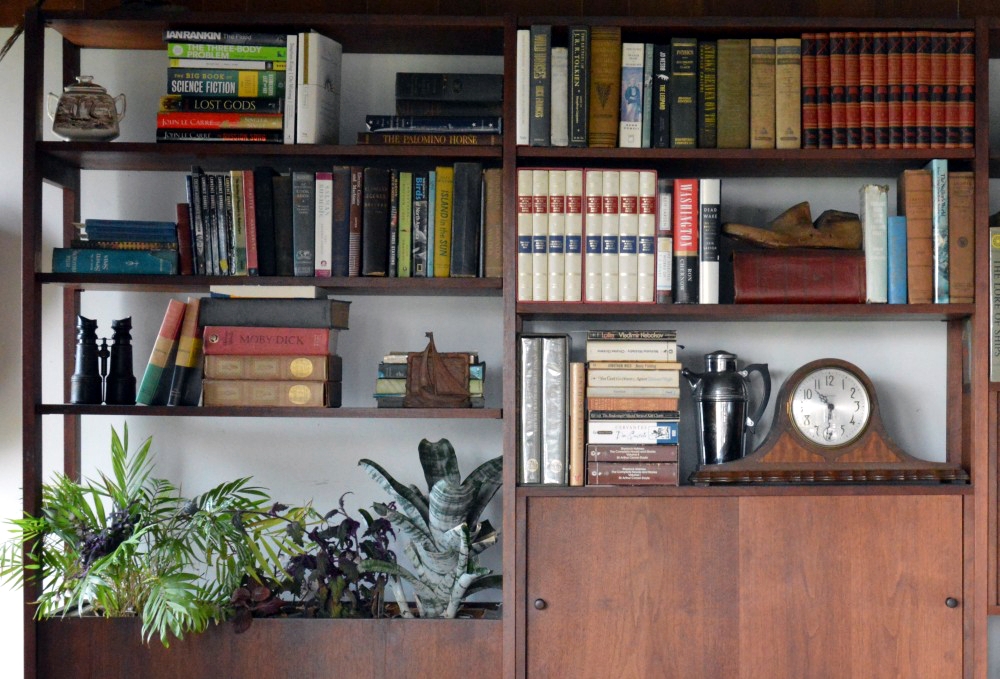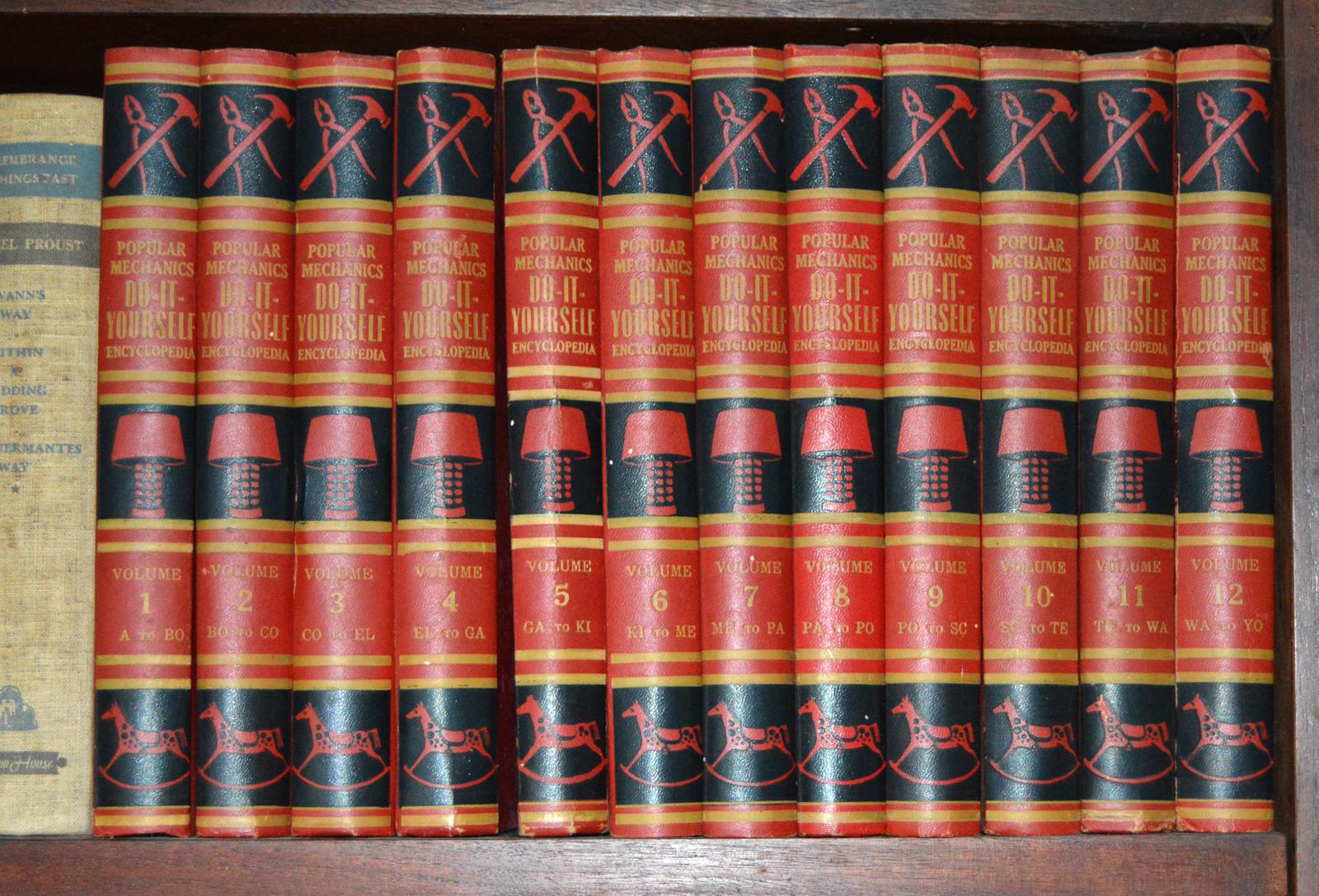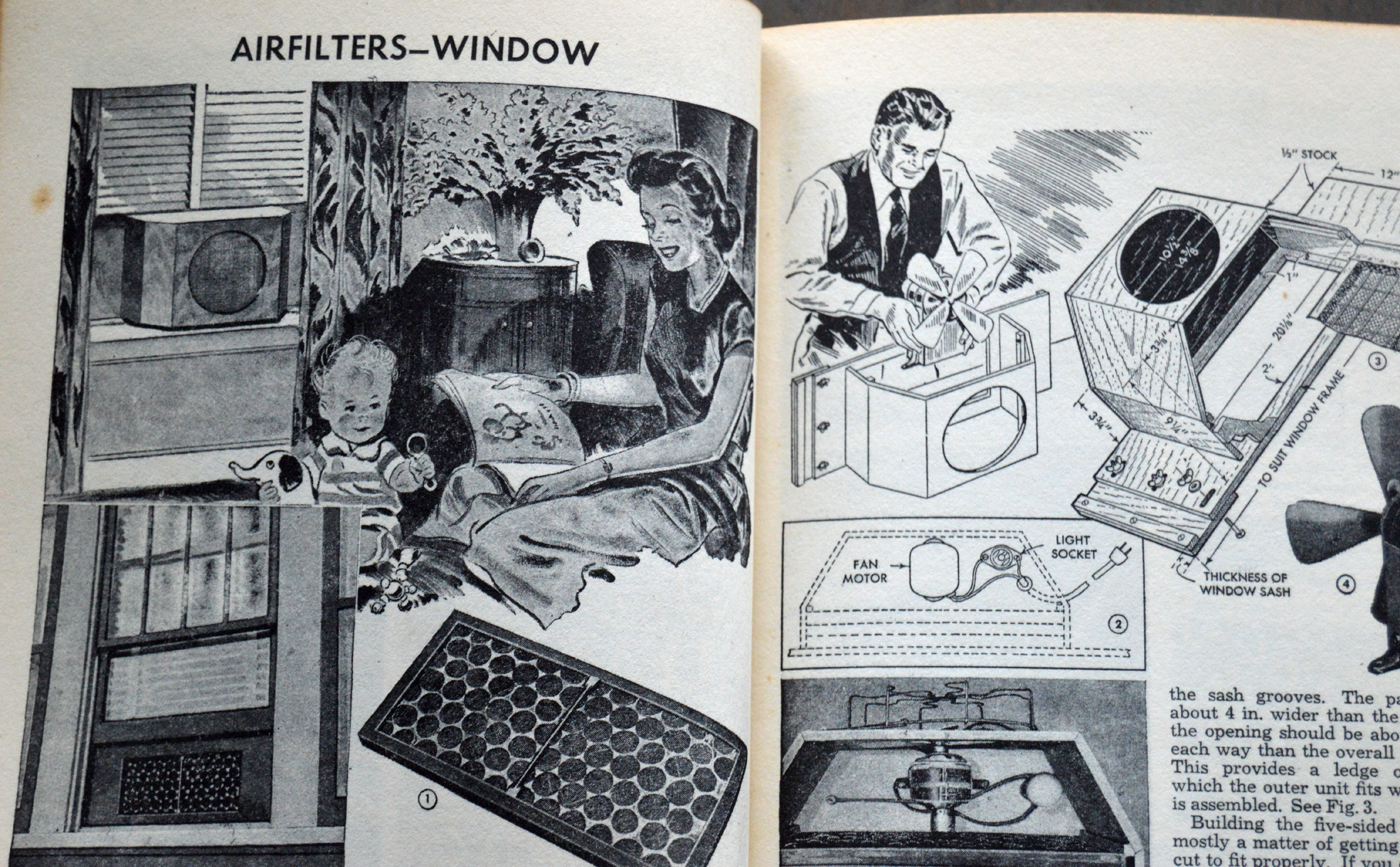Adventures in Minimalism - Letting Go Of Books
books·@winstonalden·
0.000 HBDAdventures in Minimalism - Letting Go Of Books
## There's been a big craze for minimalism over the past few years. Marie Kondo's [Life Changing Magic of Tidying Up](http://tidyingup.com/books/the-life-changing-magic-of-tidying-up-hc) was on bestseller lists for months and months. [The Minimalists](https://www.theminimalists.com/) blog turned into a [book](https://www.theminimalists.com/books/) and then a [film on Netflix](https://www.youtube.com/watch?v=0Co1Iptd4p4). And Facebook groups started popping up where people could offer advice on how to de-clutter -- and shame their more possession-heavy peers. All of these works are preaching the same message: get rid of your crap to make room for what really matters in your life. I don't think there's any surprise why this should be a popular message right now. We've just been through the most feverishly productive century in human history. Many of the objects that once seemed scarce and precious are now ubiquitous. And folks of middle age and older that have spent their lives accumulating *stuff* are suddenly faced with the question of what to do with their parents' and grandparents' stuff. Meanwhile housing costs are rising, so the younger set is learning that finding a place to keep all of your stuff is damned expensive.  In our particular case, I've spent the last several years dealing with the fallout from my grandparent's hoarding. On the one hand, we've found treasures like the [Civil War Letters](http://natewalkerdavis.com/civilwarletters/) written by my ancestor. On the other, there was the "wrapping paper room," where my grandmother stored every scrap of wrapping paper from every gift she ever received since 1970, piled into a heap so tall we didn't even realize there was a bed underneath. It's a wonder the place never burned down. Combine this with the fact that we've moved every two years, and each move seemed to concentrate more clutter into a smaller space, and one day I just snapped and started throwing away as much as I could. ## By weight and volume, books were the easiest place to start. I'd spent the first half of my life acquiring as many books as I could, so I would have expected the process of getting rid of them to be more painful. But several factors combined to make it feel easy - even liberating. ### We don't live in an age of information scarcity any more. Growing up, books seemed like the most valuable thing there was. So many words - entire worlds - packed into these little volumes. And they were *expensive.* Sure, you could go to the library, but then you had to read in a hurry - and give them back! If I wanted to add a book to my own shelves, I had to mow a lawn or two, or babysit for the neighbors, and then convince my mother to drive me to the mall. And *bookstores sucked* in the 1980s. Sparsely stocked shelves in dingy mall dives. There was no "follow your bliss" for readers in those days. It was "take what's in front of you and maybe you'll like it." So is it any wonder that I tended to hoard books, buying in volume when we came across a decent used bookstore, or one of those "buck-a-book" places that sold remainders, or a yard sale? Now I can get almost any book used on Amazon for a penny plus shipping, and have it in a couple of days. If it's available electronically I can have it even faster - and it doesn't take up any room! ### The cost of storage is greater than the cost of acquisition. The rent on our storage unit was just over $60/month. We rented one to store seasonal merchandise from our business. Then, as "life happened" and we hopped from house to house, it became a handy place to leave excess stuff - like books. Thankfully we've managed to do without one of these depressing grey cubbyholes for several years now. But I thought a lot about that $60 as I was giving away the majority of my library. How many of these books was I ever going to read again? Maybe 20? *Maybe.* In 23 years of adult life I've re-read three books. Even if I retired and did nothing *but* read, there's only a few books I'd want to go back to again - and most of those are classics available for free. (*Moby Dick* is on my list for this year.) So if we're generous say I tossed 20 books I'd like to read again, the cost of replacing those books with new copies would be under $400. In used or electronic form, I'll spend a quarter of that. That's a couple months' rent on a storage unit. ### But what'll we read after the apocalypse... ? A printed book provides independence. It's information preserved in physical form, and can only be deleted by fire. It's self-contained. All you need to read it is a source of light. So why give them up? Wouldn't I be sorry if the internet went down, or if a [solar flare fried the world's electronics](https://www.extremetech.com/extreme/186805-the-solar-storm-of-2012-that-almost-sent-us-back-to-a-post-apocalyptic-stone-age)? What if books become *rare* again, and *expensive,* and suddenly *everybody wants them?* At the very least, I'd be hanging on to a commodity. Let's be honest. If events come to pass that render our modern access to books and information impossible, than reading for pleasure will be pretty far down on our list of daily activities. We'll be more interested in gathering firewood, patching up our chimney, and learning what kinds of rocks are safe to eat. That's why I did save some practical books, like this set of *Do It Yourself Encyclopedias:*  Written in the mid 1950s, they give lots of practical advice on how to do things by hand. The pages are dense with text, and the illustrations are absolutely charming. It's like a 12 volume comic book about keeping your house from falling down.  And yeah, we saved a lot of old hard-covers too. *Moby Dick,* of course, and the works of *Shakespeare,* and a bunch of obscure old stuff we'd never find again. Then there's my precious [Pipe Smokers' Ephemeris](https://steemit.com/smoking/@winstonalden/happiness-is-a-full-tobacco-jar-introducing-pipe-smoking-to-steemit). Copies are worth more than $400 on eBay - not that I'd ever sell. I also kept a couple dozen novels I haven't gotten around to yet, which I'll read once and give away. *** In *Time Enough For Love,* Robert Heinlein chronicles a time when his hero, Lazarus Long, is colonizing some distant planet and raising twin daughters on a farm. All they've got to read is *The Complete Works of Shakespeare,* books on caring for livestock, and a heavy medical reference book. So the girls grow up obsessed with breeding and birthing animals, and are absolutely fascinated by the natural world around them. They get so familiar with Shakespeare that he has to discourage them from speaking in Elizabethan pentameter all day long. They make the most of the limited information available to them, and actually grow up better rounded, in many ways, because of it. For myself, I'll always choose living in a time of abundance over scarcity. But to live well, we've got to take steps to make sure that the abundance doesn't overwhelm us. Getting rid of 90% of my library turned out to be one of the easiest steps I could take. *** Thanks to @phoenixwren for sharing his [book de-cluttering story](https://steemit.com/books/@phoenixwren/welcome-to-book-corner) today, and giving me the inspiration for this post! *** ### How about you? If you're on Steemit, you're probably a reader. Do you love books? Do you [hoard books](https://www.youtube.com/watch?v=PBkhlyzaoNI)? What about other collections? And does the idea of minimalist living appeal to you? *** ##### Thanks for reading! If you'd like to support me with an up-vote, that'd be kind. And if your're so inclined, you can check out my [hoard of previous posts over here](http://natewalkerdavis.com/winstonposts/).